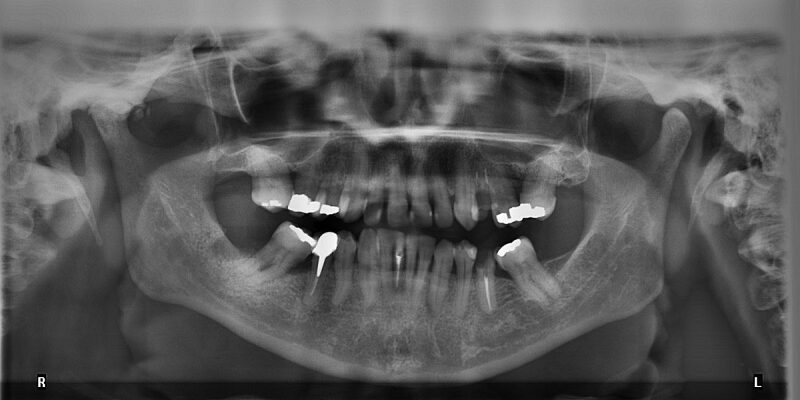By: Dan Ray
Few things can set alarm bells ringing quicker than pain in one of your teeth. As it is often seen that there are range of symptoms that affect people of all ages and backgrounds, and they typically indicate some form of dental disease is present.
Let’s take look at the most common symptoms and some of the most effective methods for the prevention of dental diseases according to the dentists in Billericay.
Symptoms of Dental Diseases
According to the ADA, there are ten common symptoms people need to
- Dry Mouth
- Oral Piercing Infection
- Bleeding or Sore Gums
- Mouth Sores
- Bad Breath
- Jaw Pain/Clicking Jaw
- Toothache
- Sensitive Teeth
- Cracked or Broken Tooth
- Stained or Discoloured Teeth
Prevention of Dental Diseases
Dental diseases certainly sound scary. But do not fear: when it comes to the prevention of dental diseases there are several techniques that can help you to fight back:
- Brushing Teeth
Regular brushing is one of the most important steps you can take to reduce your risk of dental diseases. Encouraging children to get into the habit of brushing their teeth regularly, for two full minutes and in a consistent motion is a very valuable life skill! The type of toothpaste you choose is equally important. Ensure you are using pastes that have a concentration of fluoride that is at a minimum of 1000ppm.
- Mouthwashes
Mouthwashes are an absolute essential when it comes to the prevention of dental diseases. The trick with mouthwashes is to use them in the middle of the day (or at a totally different time than after brushing). This is because if the mouthwash is used directly after brushing, all the valuable fluoride is washed away.
Alcohol-free mouthwashes are superior to their counterparts that contain alcohol because there is a theoretical increased risk of mouth cancer that can arise from the consistent use of alcohol-based mouthwashes.
- Diet
Sugar is one of the most vicious propagators of poor dental health: biscuits, chocolate, sweets, fizzy drinks and other foods (some that don’t even taste sweet!) can contain huge amounts of sugar and result in serious cavities in your pearly whites.
That doesn’t mean you have to go through life without these treats, just be judicious in your consumption of them. Also, be aware: brushing just after eating a sugary snack is not an effective method of avoiding decay because no one cleans their teeth perfectly, even dentists!
- Interdental Cleaning
Toothbrushes are manufactured according to different specifications, but they are all united in one unfortunate feature: they are poor at getting between your teeth. The best form of interdental cleaning is a session with yourdentist, where you will have a trained professional ensuring the spaces between your teeth are as clean as possible.
- Denture Hygiene
If you use dentures, you need to ensure you are as careful as possible when it comes to their maintenance. This will help you to avoid the risks that come with the use of dentures, such as gum disease and localised thrush infections. Also make sure you brush your dentures at night and in the morning, as well as after every meal. Remove your denture(s) before going to sleep every night and soak them in a dentist approved denture cleaner.
- Flossing
Flossing is regularly abused by the majority of the population, but it is an incredible tool in your kit in the fight against tooth decay. Proper flossing is an art form with established best practice flossing techniques that can set you on the road to successful oral hygiene.
Dan works at Dentalkind, a quality dentist in Billericay, Essex. Dentalkind have a team of qualified and experienced dentists offering honest and ethical dental advice and treatments to suit your needs, all under one roof for your convenience. Visit www.dentalkind.com for more information.







